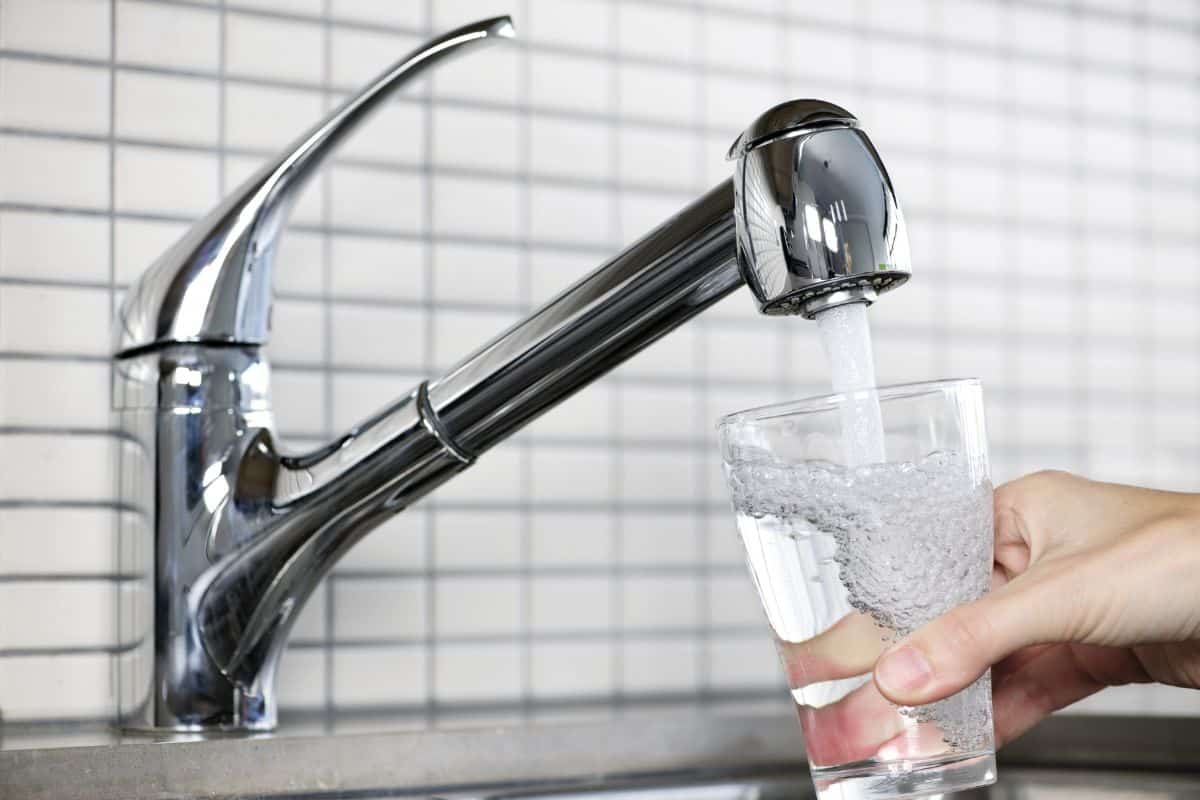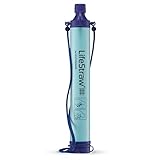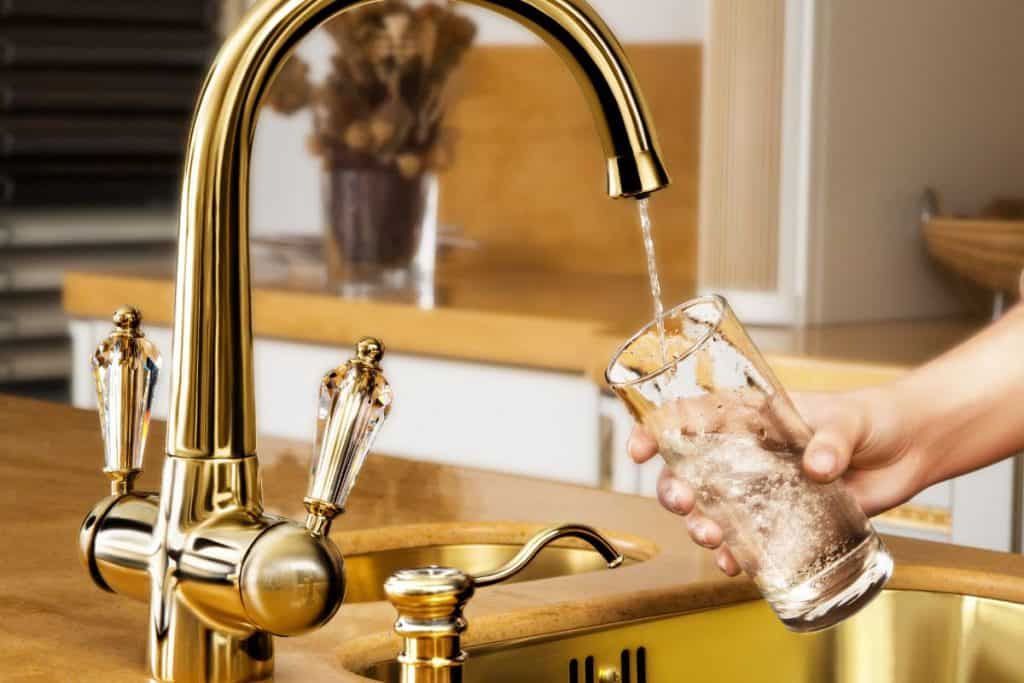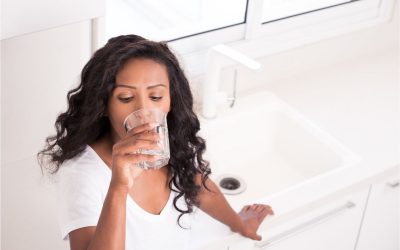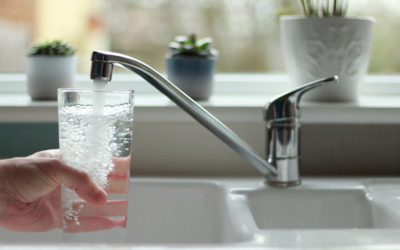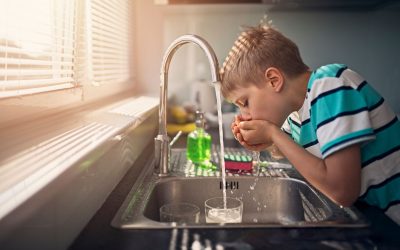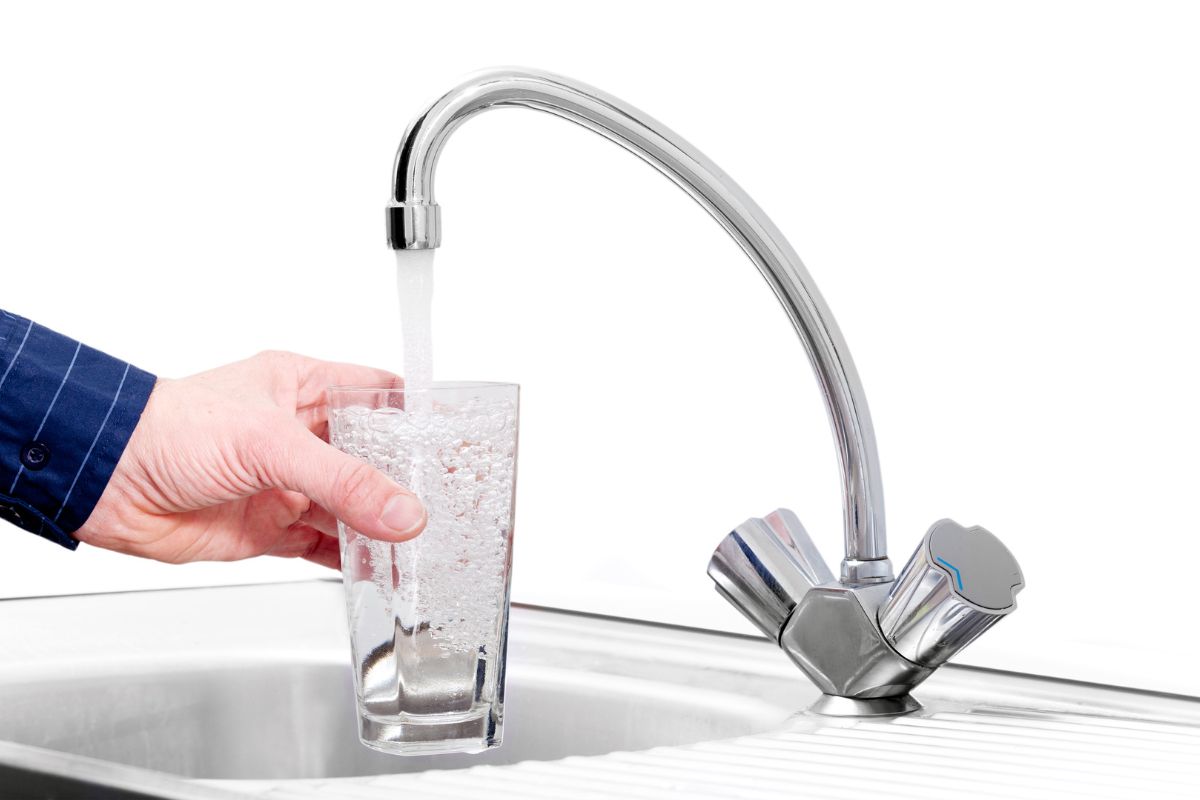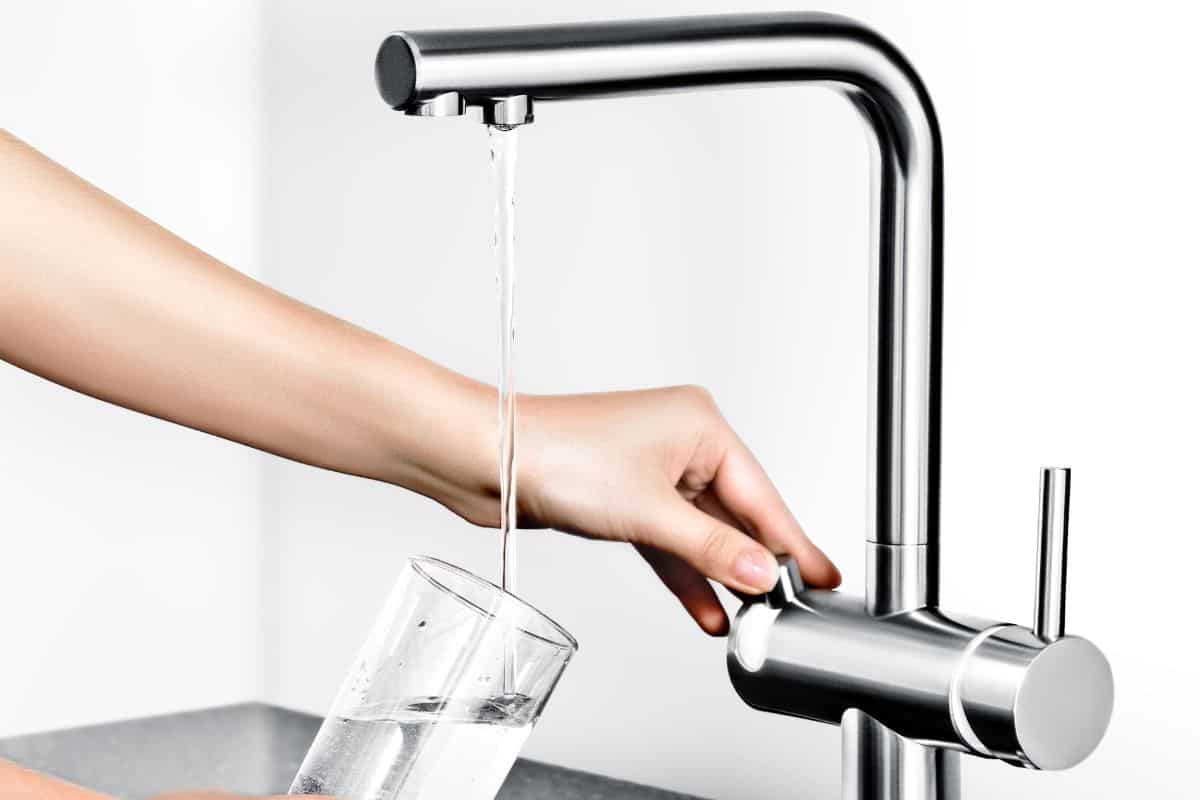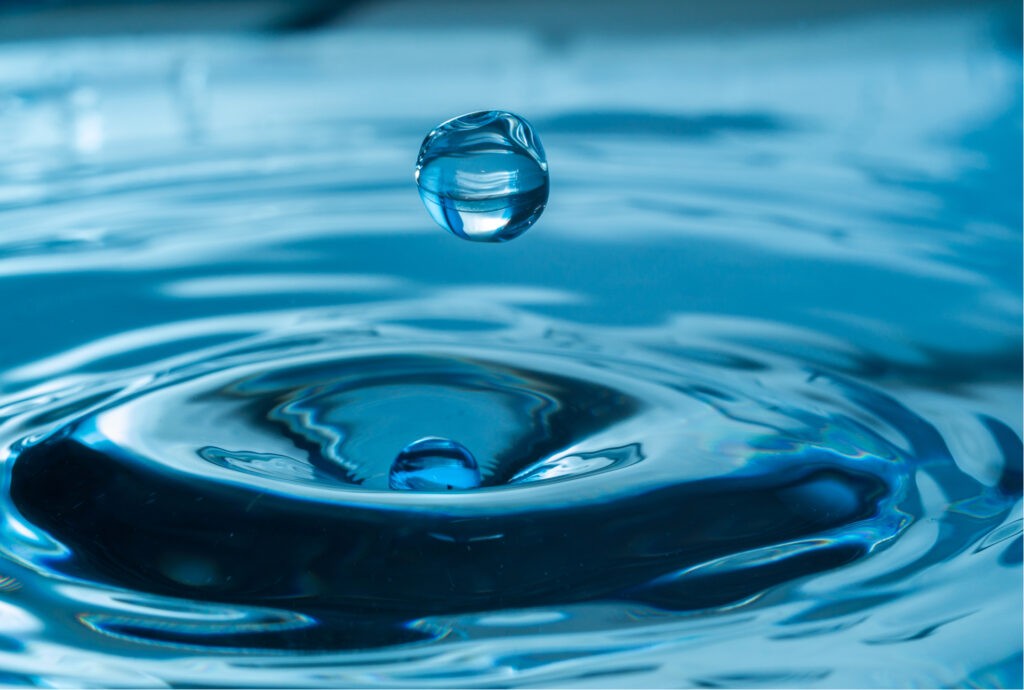Tap water is one of the easiest ways for us to get water. It’s convenient and it’s cheap, and in a lot of ways, it’s easier to get hold of than bottled water.
But the main issue with tap water is that you can never be too sure if it’s safe to drink. While all water providers have to make sure that the water they are providing is safe and meets very specific requirements and regulations, unfortunately, some places have worse tap water than others.
If you’ve found your way to this article, you’re probably wondering if the tap water in Orlando is safe to drink. We’ll be going over everything you need to know about tap water in Orlando here as well as ways you can purify the water if you’re worried about its safety of the water.
So let’s get started!
Can you drink tap water in Orlando?
The long and short of this question is yes, you can drink the tap water in Orlando, but you should know that the quality of the water varies heavily, depending on what city or town you are in.
Some cities have excellent tap water in Orlando, while other cities aren’t as great. The reason it varies so much in Orlando is because of the different organic and mineral residues found in each area.
Lots of people who reside in or have been to Orlando have stated that tap water in Orlando has a very distinct taste, but as long as your plumbing is up to date, clean, and disinfected, more often than not, you will be able to drink the tap water with no issues.
There are ways you can test the water yourself, just by the smell and taste, so we’ll get into that a little bit later.
Boil water advisories near Orlando in 2024
There are boil water advisories near Orlando, specifically in Orange County for Rinker Materials N. Florida Pipe Plant and Tangerine Park (rescinded on August 7, 2024). Both advisories were issued on August 5, 2024, due to water pressure issues. Residents in these areas were advised to boil water until the notices were lifted.
For more details, you can visit the Florida Department of Health’s Boil Water Notices page.
Is there lead in Orlando tap water?
Unfortunately, there are traces of lead in the water supply of Orlando, but it is important to know that the amount of lead will vary greatly depending on the location you’re in. Some cities and towns will have more traces of lead in the water supply than others.
The water supply and lead amounts will vary greatly depending on where you live, this includes neighborhood to neighborhood too, so it’s not really fair to judge the lead amounts based on one single town or city.
A good indication of if there is lead in your water supply is to look at your building or buildings you can see nearby. Older buildings have lead pipes and service lines, which is a big source of contamination for lead in the water.
If you live in an older area or neighborhood, it may be in your best interest to look into that further. You can contact your water supplier to find out more information about the lead content and quality of your water.
How to tell if your tap water is drinkable
There are a couple of ways you can test the quality of your tap water at home, without the need for any scientific equipment.
Lots of people note that tap water in Orlando is quite “irony” or “smells too much like chlorine” and there is a reason for that. Orlando’s drinking water comes from the Lower Floridan Aquifer, which can be found a quarter mile underground.
It has a deep aquifer that is buried under a lot of layers of sand, clay, and limestone, and underneath the Upper Floridan Aquifer. Because of where it is located, this is why the water in Orlando has such a distinct and unique taste and smell.
Ways that you can tell if your water is drinkable have a lot to do with the taste and smell in general. If your water looks too cloudy, you may want to reconsider tasting it.
If it smells too metallic or even fishy, this is another indication that you don’t want to actually taste it.
If it’s quite clear and odorless, but when you taste it, it tastes too metallic or too much like chlorine, refrain from drinking anymore and contact your water supplier.
If you are confident enough to taste some of the water yourself, make sure it is the tiniest sip and if it tastes funny before you swallow, spit it out immediately.
Whole House Filtration & Reverse Osmosis Systems
There are two ways you can set up your house to help with purifying your tap water. Both of these ways will ensure that your tap water is safe to drink and decontaminated, so you don’t have to worry about getting sick.
The first option is whole house filtration systems. These systems make use of lots of filters that get rid of and remove any contaminants that may still be in your water system. Some of the things the Whole House Filtration Systems remove include chlorine and other heavy metals.
The whole house filtration systems are extremely cost-effective as well, so you don’t have to worry about spending too much money on them. They also provide water purification and filtering for all of the water in your home, not just the drinking water.
The Reverse Osmosis System is similar to the whole house filtration system, but it is designed just for filtering drinking water from faucets, not the whole water supply.
These systems have filters in them that are referred to as membranes, and these membranes then filter out any and all contaminants and hazardous debris that has made its way into your drinking water.
### Recent Concerns About Orlando, FL Tap Water Quality
In recent months, concerns have been raised regarding the quality of tap water in Orlando, FL. Local authorities and media reports have highlighted several contamination issues, particularly involving elevated levels of lead and the presence of harmful bacteria. Specific areas affected include neighborhoods in the downtown Orlando region, where residents have reported discolored water and unusual odors. In response, the Orlando Utilities Commission (OUC) has initiated a thorough investigation, conducting extensive water quality testing and flushing out the affected water lines to eliminate contaminants. Additionally, the Florida Department of Health has issued advisories urging residents in the impacted areas to use filtered or bottled water for drinking and cooking until further notice. The Environmental Protection Agency (EPA) has also been involved, offering guidance and support to local agencies to ensure compliance with federal water safety standards.
Florida officials warn of potential health risk due to contaminated water in Orlando
https://www.orlandosentinel.com/2023/09/15/florida-officials-warn-of-potential-health-risk-due-to-contaminated-water-in-orlando
Orlando water quality concerns prompt investigation by local utilities
https://www.wftv.com/news/local/orlando-water-quality-concerns-prompt-investigation-by-local-utilities/20230910
Lead contamination found in Orlando tap water, officials urge caution
https://www.clickorlando.com/news/2023/09/20/lead-contamination-found-in-orlando-tap-water-officials-urge-caution
Conclusion
So overall, yes, the water in Orlando is safe to drink, but it really does depend on your own personal location.
Because the levels of safety and contamination differ so quickly between buildings and neighborhoods, it’s in your best interest to do some extra research and contact your water supplier to find out as much detail as you can.
You can gauge the water quality yourself based on the taste and smell, but it is advised that you be very careful with this method and if it even smells the tiniest bit off, you should avoid drinking it. For peace of mind, why not get a free quote for water filter installation in Orlando today?
